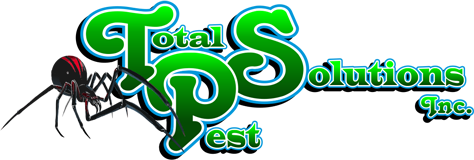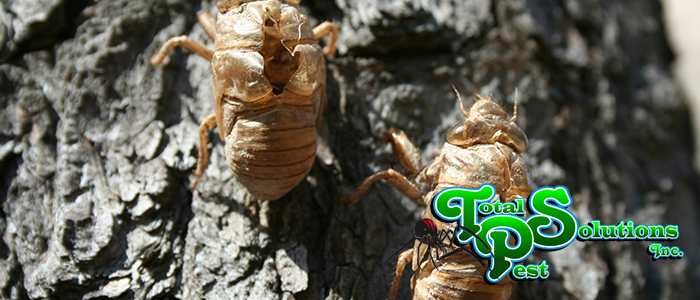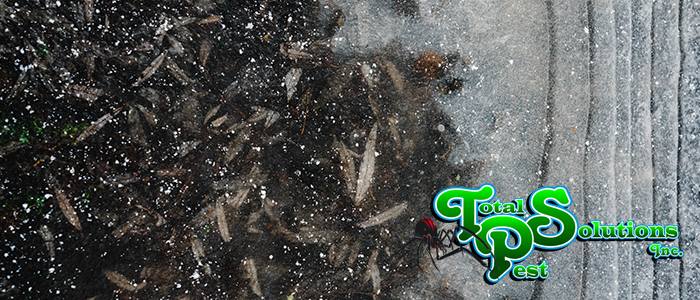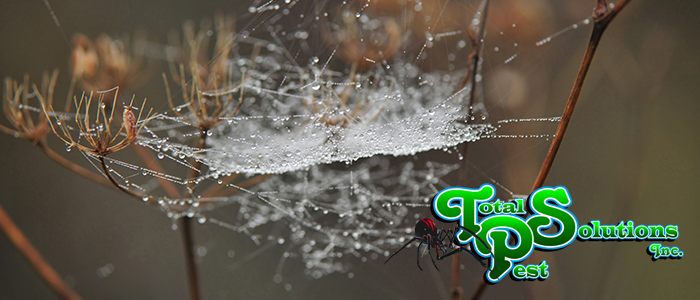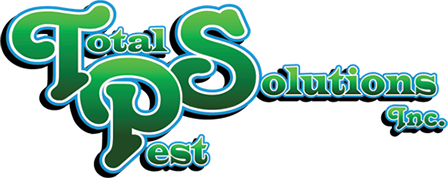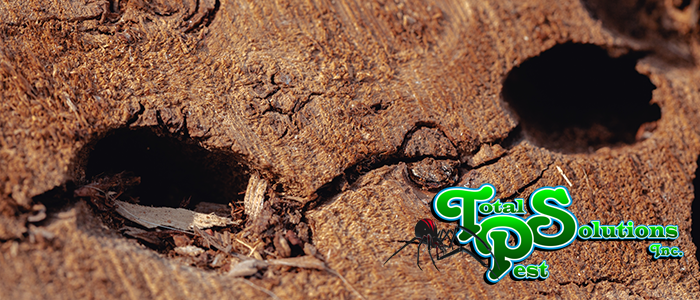
Drywood Termite Inspections in Lakeland: Summer’s Hidden Threat
Summer in Lakeland, Florida, brings sunshine, outdoor activities, and unfortunately, heightened termite activity. Drywood termites, in particular, thrive in the warm, humid conditions, making it crucial for homeowners to be vigilant. These silent destroyers can infest wooden structures undetected for years, causing extensive damage before being noticed. Protecting your home requires proactive measures, and understanding the risks is the first step. This article will guide you through the importance of regular drywood termite inspections, especially during the summer months, and how Total Pest Solutions can help safeguard your Lakeland property. Don’t wait until it’s too late; early detection is key to preventing costly repairs.
The Threat of Drywood Termites in Lakeland & Winter Haven
Drywood termites are unlike their subterranean cousins; they don’t require contact with the soil to survive. They establish colonies directly within wooden structures, consuming the wood from the inside out. In cities like Lakeland and Winter Haven, where many homes feature wood framing, siding, and furniture, the risk of infestation is significant. The warm, humid climate provides ideal conditions for these pests to flourish.
Identifying a drywood termite infestation can be challenging. Unlike subterranean termites, they don’t build mud tubes. Instead, look for these telltale signs: frass (termite droppings) that resembles coarse sand, discarded wings near windowsills or light fixtures, and hollow-sounding wood when tapped. If you suspect an infestation, it’s crucial to call a professional immediately. Regular drywood termite inspections are essential for early detection.
According to the University of Florida IFAS Extension, drywood termites can infest a wide range of wooden items, from structural timbers to furniture and picture frames.
Why Summer is Peak Season for Drywood Termites
Summer in Florida marks the peak swarming season for many termite species, including drywood termites. Swarming occurs when winged reproductives (alates) emerge from established colonies to mate and establish new ones. These alates are attracted to light, often congregating near windows and doors. While many swarmers don’t survive, those that find suitable wood sources can quickly establish new colonies.
The increased humidity during the summer months also makes wood more palatable to termites. Moist wood is easier for them to digest, accelerating the rate of infestation. Therefore, homeowners in Lakeland and Winter Haven should be extra vigilant during this time. Regular drywood termite inspections are critical to identifying and addressing infestations before they cause significant damage.
The Importance of Professional Drywood Termite Inspections
While homeowners can look for signs of termite activity, professional drywood termite inspections are far more thorough and reliable. Trained inspectors have the knowledge and tools to detect infestations in hidden areas, such as attics, crawl spaces, and wall voids. They use specialized equipment, such as moisture meters and thermal imaging cameras, to identify areas of concern.
A professional inspection will typically involve a comprehensive assessment of the entire property, including the exterior and interior. The inspector will look for signs of termite activity, wood damage, and conditions that are conducive to infestation. They will also provide recommendations for treatment and prevention. Ignoring potential signs can lead to severe and costly damage.
What to Expect During a Drywood Termite Inspection in Winter Haven and Lakeland
During a drywood termite inspection, the inspector will begin by asking you about any concerns you have regarding termite activity. They will then conduct a visual inspection of the property, paying close attention to areas that are prone to infestation. This includes wood trim, baseboards, window frames, door frames, and any exposed wood.
The inspector may also use a moisture meter to check for areas of high moisture content, which can attract termites. They may also use a sounding technique, tapping on wood to listen for hollow spots. If termite activity is suspected, the inspector may use a probing tool to further investigate. Following the inspection, you’ll receive a detailed report outlining any findings and recommended treatment options.
Remember, qualified inspectors will be licensed and insured, providing you with peace of mind that your home is in capable hands. You can find valuable information about structural pest control from the Florida Department of Agriculture and Consumer Services.
Preventative Measures to Protect Your Home
While drywood termite inspections are crucial, homeowners can also take proactive steps to prevent infestations. Here are some tips:
- Reduce moisture around your home by repairing leaky faucets and pipes.
- Ensure proper ventilation in attics and crawl spaces.
- Remove wood debris from around the foundation.
- Store firewood away from the house.
- Seal cracks and crevices in the foundation and around windows and doors.
- Consider using treated wood for construction and repairs.
These measures, combined with regular professional inspections, can significantly reduce the risk of drywood termite infestations.
Conclusion: Safeguarding Your Home with Drywood Termite Inspections
Protecting your Lakeland or Winter Haven home from the threat of drywood termites requires a proactive approach. Summer’s warm, humid conditions create an ideal environment for these pests to thrive. Regular drywood termite inspections are essential for early detection and prevention of costly damage. By understanding the risks, taking preventative measures, and partnering with a trusted pest control provider like Total Pest Solutions, you can safeguard your home and enjoy peace of mind. Don’t wait until it’s too late; schedule your inspection today and protect your investment. Remember, early detection is key to keeping your home safe and sound.
According to the Environmental Protection Agency (EPA), regular inspections are a key component of integrated pest management for termites.
continue reading
Related Posts
Davenport’s Pine Beetle Threats: Protecting Trees in Dormant Season As
Winter Roach Hotspots in Lakeland: Kitchen & Bathroom Prevention As
Davenport’s Spider Invasion: Managing Winter Web Builders As the temperature
